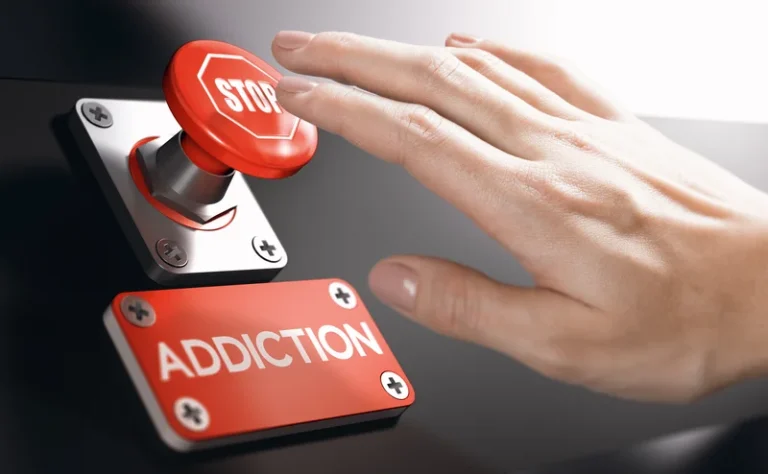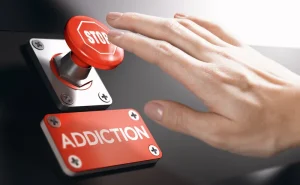
Their physical and mental well-being begins to decline, making it nearly impossible to maintain the illusion that everything is okay. They may sneak alcohol into their daily routine, drinking before or after work or during their lunch breaks. They may even hide their alcohol (or empty bottles) in https://ecosoberhouse.com/ places where others won’t find it. This behavior is often driven by a desire to hide the severity of their drinking from family, friends, and coworkers. As alcohol dependency worsens, the risk of encountering legal issues increases.
- The study suggests that individuals whose misuse of alcohol has decreased and whose lives have improved in measurable ways are, in fact, in recovery.
- At Centres for Health and Healing, we understand the complexities of addiction and mental health challenges.
- Unless you have religious or personal restrictions, a few drinks with friends or a glass of wine with dinner is usually not an issue.
- If you or someone you love is exhibiting behaviors of high-functioning alcoholism, consider getting the advice of your doctor or another medical professional to discuss objectively whether or not your drinking habits are problematic.
- They may sneak alcohol into their daily routine, drinking before or after work or during their lunch breaks.
Early Stage Alcoholism
There are few if any persons for whom you feel just one unadulterated emotion. When you’re sober then, you conceal the smaller ones because in essence those are not representative as a whole about how you feel about them. But so many people won’t seek help when the only solution is complete abstinence. They can’t fathom a life without the only strategy they’ve had for managing it. The confirmation bias means that the addiction is all we see, and it’s all other people will see too.

When the Stereotype Doesn’t Fit: Types of Alcoholics

Adi Jaffe, Ph.D., is a lecturer at UCLA and the CEO of IGNTD, an online company that produces podcasts and educational programs on mental health and addiction. Informed by research, the theory behind the Pygmalion effect claims that what we believe about others actually affects their behavior and performance. The higher the expectations that we put on people, the high functioning alcoholic better they will perform (check this out). By the same token, if we place low expectations on people, then they will perform poorly (one example is stereotype threat). I used these experiments throughout my TEDxUCLA talk, if you want to check that out.
How to Help a Functional Alcoholic
It may be tempting to use the concept of an alcoholic personality as a crutch or an excuse, both for those suffering and those observing the behaviour. However, it’s more helpful to focus on behaviour rather than personality when addressing alcoholism. As the National Institute on Drug Abuse (NIDA) emphasises, addiction is a brain disease that affects behaviour, decision-making, and self-control. The complex nature of addiction is why it’s essential to avoid placing too much emphasis on personality. Think of personality traits as offering clues, but the broader context of their life experiences and mental health is equally, if not more important.
- Your support network may include family and friends who become advocates for your recovery.5 Many treatment programs and community resources offer family and friends support groups for this purpose.
- The hard stuff will still deliver on many of the beneficial perks of regular kombucha, namely probiotics from its fermentation process and plant compounds from the tea with which it’s made.
- As the National Institute on Drug Abuse (NIDA) emphasises, addiction is a brain disease that affects behaviour, decision-making, and self-control.
- There are various paths to recovery and the process differs from person to person.
As the addiction progresses, though, the need for control manifests in other ways, like micromanaging relationships, all while their drinking spirals further and further out of control. This craving for control becomes a double-edged sword, leaving them grasping for power in a life increasingly dictated by alcohol. Many people struggling with alcohol use feel inadequate or unworthy, which may lead them to drink or use other substances to escape these feelings. Those who hold this trait often act without fully considering the consequences of their actions.

Recognizing that you need help is the first step in your treatment journey. If you or someone you know is showing traits of alcohol use disorder, contact your healthcare provider. Alcohol misuse can impact every aspect of your life in ways you may not expect. After surveying over one thousand people who had chosen to stop using alcohol, a 2021 poll by The Recovery Village found physical health (61%), mental health (52%) and relationships (47%) to be the most common negative impacts. On the other hand, some functioning alcoholics limit their drinking to socially acceptable settings (such as after-work drinks with colleagues or weekend parties) where heavy drinking might not seem unusual.

- According to the American College of Obstetrics and Gynecology (ACOG), pregnant individuals should avoid drinking any alcohol during pregnancy to avoid the risk of fetal alcohol spectrum disorder (FASD).
- And when you’re ready, learn about alcohol detox or other treatment programs or get started with online rehab.
- If you find yourself regularly thinking about your next drink, or if you’ve tried to cut back on drinking and never quite succeeded, you may have an alcohol addiction.
The first step toward alcohol recovery is accepting that alcohol use interferes with your life. The recovery process can take time and patience and may affect as many parts of your life as alcohol misuse currently touches—such as your relationships, finances, or career. There are various paths to recovery and the process differs from person to person. While the term „alcoholic“ was used in the past but is now viewed as outdated and stigmatizing.
